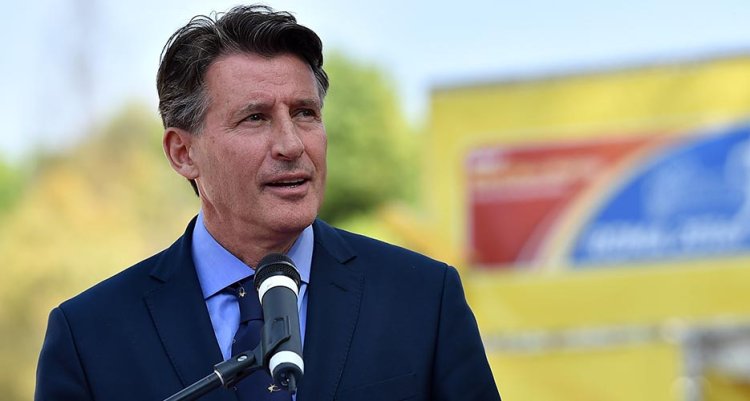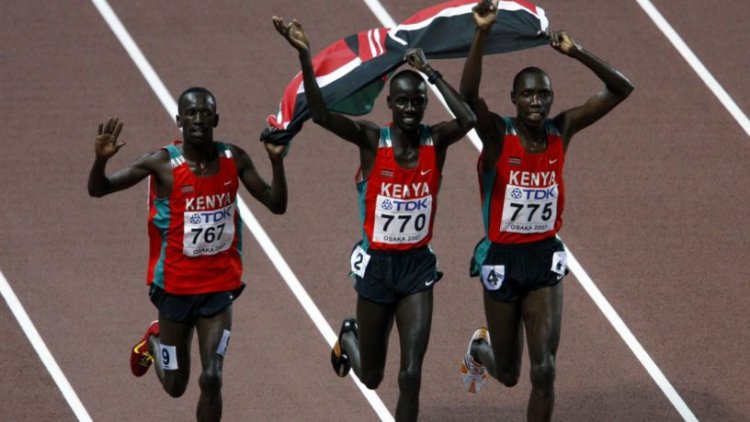World Athletics president justifies decision not to ban Kenya after $25m anti-doping pledge

With 55 Kenyan athletes at present sanctioned, as well as a string of pending cases, many expected World Athletics to impose a unilateral punishment at its recent council meeting in Rome.
Instead, Kenya pledged $5 million (about £4.1 million) per year to address the problem, while the country’s sports minister, Ababu Namwamba, went further and said he wanted to criminalise doping and crack down on “a complex underground syndicate” of agents, doctors and coaches.
Coe, the president of World Athletics, said: “Ultimately, there is always a line in the sand, there is for any federation, but we are working well and collaboratively.
“We drew that line over the Russia issue [but] I see the two situations very differently. I’m not dealing, as we had in the past with Russia, with conspiracy theories. The Kenyans are very conscious this is disfiguring.
“I’ve had detailed discussions with the federation at ministerial and governmental level, and the fact they are committing $25 million over five years is a declaration of intent. I’m satisfied we have all the people that matter who can resolve this in the right space.”
Between 2004 and 2018, some 138 Kenyan runners failed drugs tests, while a documentary by the German broadcaster, ZDF, quoted a physician saying he had doped eight members of the national team.

However, a 2017 investigation by the World Anti-Doping Agency said: “The doping practices of Kenyan athletes are unsophisticated, opportunistic and uncoordinated.” Eliud Kipchoge, the marathon world record holder, branded the situation a national “embarrassment”.
Coe said he believed that the doping problem was concentrated on road racers in Kenya, rather than track and field athletes. He added that World Athletics had changed its approach to monitoring problematic countries.
Whereas in the past the focus was based on cases and sanctions, he said it now looked at countries purely in terms of number of athletes. “So in some of the countries we are monitoring closely we’re not seeing any obvious collusions,” he said. “We’re looking at them purely (because) there are more elite-level competitors in those countries.”




















